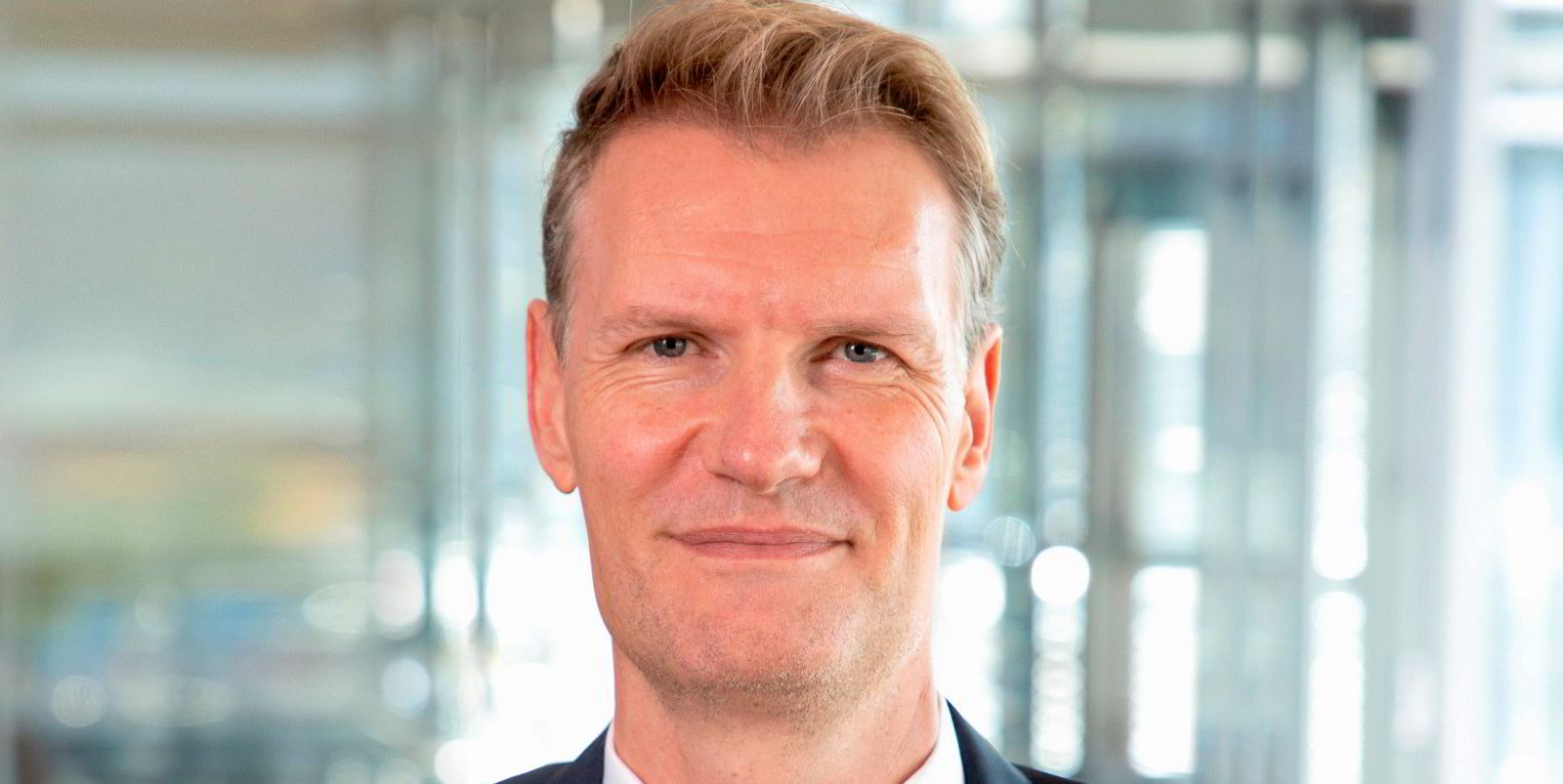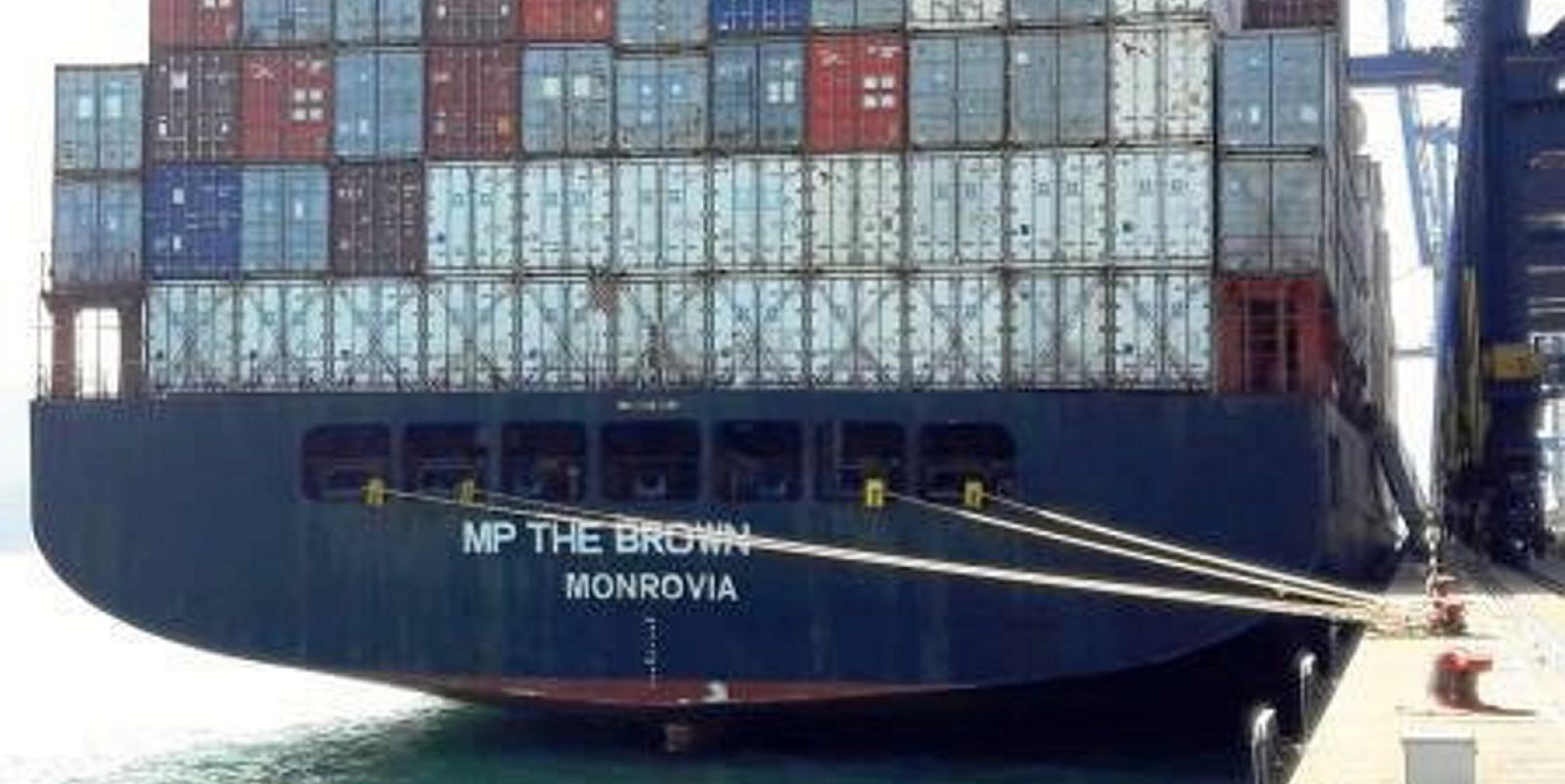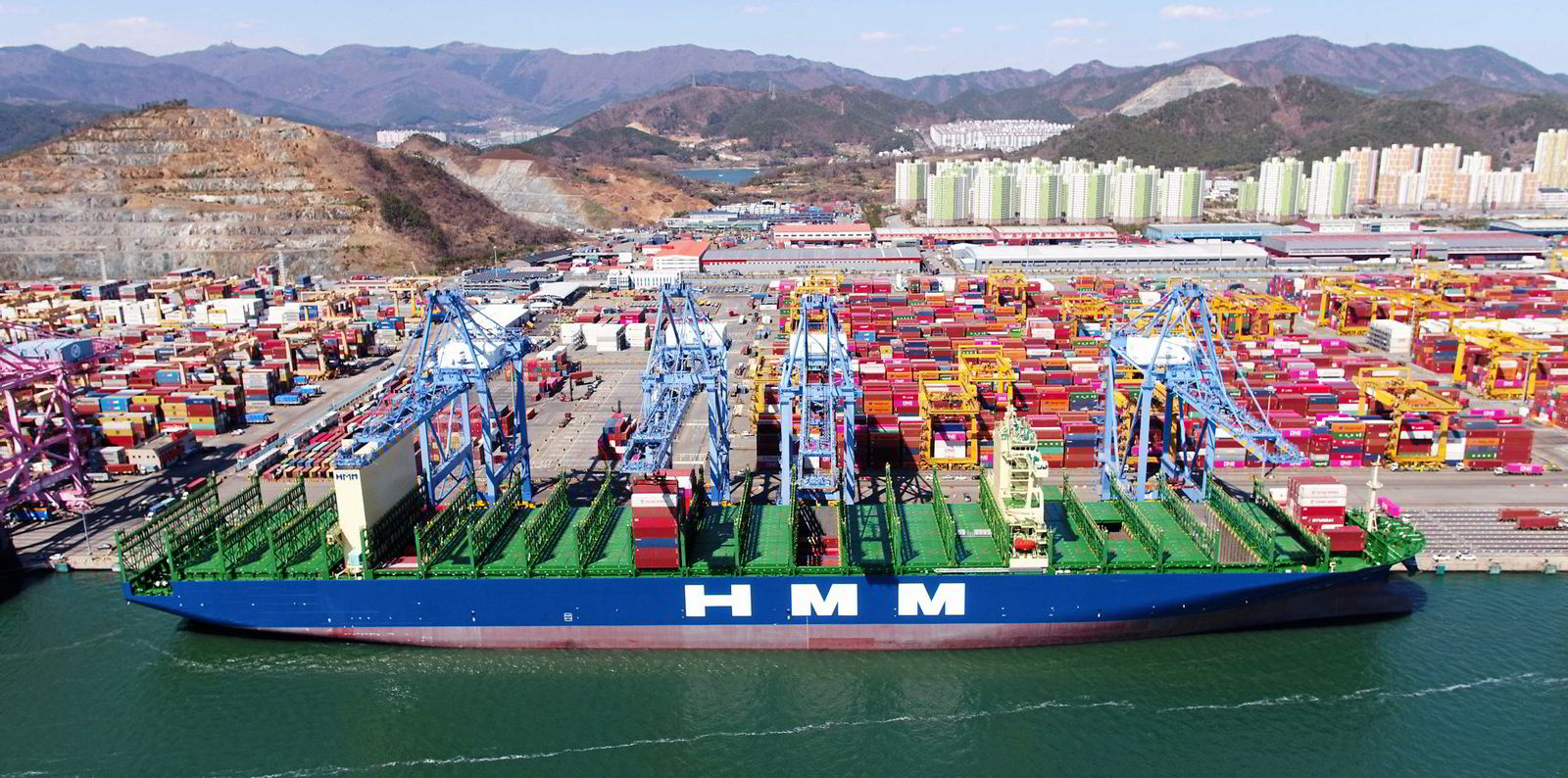Mediterranean Shipping Co (MSC) chief executive Soren Toft made a staunch defence of the container shipping industry today at a key London summit to tackle decarbonisation.
Toft used a keynote address at the London International Shipping Week conference to highlight efforts by lines to raise capacity to deal with the problems facing container shipping.
He urged the meeting at the headquarters of the International Maritime Organization to spend big on research and development to meet its carbon zero goals in the coming years.
Toft suggested that the shipping industry had played a crucial role in keeping trade flowing.
But the liner sector had been challenged and stressed as a result of “unstoppable demand” from global trade.
Raging demand for physical goods had coincided with Covid-19 disrupted supply chains, he said.
But that was not to blame the liner shipping operators who played a vital role in keeping trade flowing.
“We are not the creators of demand, we are the servers of demand,” Toft said.
He added that the container shipping market could start to normalise at some point over the next 12 months.
And he acknowledged that elevated freight rates and poorer service were “causing a lot of agony with our customers”, he said.
But trade demand is expected to remain strong with growth around 5% for 2022.
The task of the container industry would be to meet that demand, he said.
'No easy solutions'
Liner operators were doing everything they could to ease the “market crunch”.
Congested ports and lack of inland infrastructure, truck drivers and rail capacity compounded the problem.
“There are no easy solutions out there,” he said.
“I think we have done our utmost to ease the operational stress. We have added a lot of capacity, we are trying to manage by the hour, by the second.”
MSC has introduced a new liner services to meet explosive customer demand.
The company has added nine new mainland services connecting continents in the last 10 months, said Toft.
On Tuesday, it unveiled plans to add two more shuttle services between China and the US west coast
But these would only partly solve the capacity crunch because of landside problems.
Congestion and related problems ashore would only ease when global demand eased, said Toft.
“We are responders of demand,” said Toft. “Our role to provide capacity and service to move the goods of the world not to tell companies to do less trade.”
He said that the crunch could normalise next year.
“Also, we are no longer in a pandemic-led demand for goods, probably a more solid demand growth,” he said.
Net zero goal
Toft highlighted the importance of industry-wide efforts to help shipping meet its zero carbon goals by 2050.
“Meeting global trade demand must not be decoupled from emissions,” he said.
“In order to decarbonise, the shipping industry must develop new technologies at a pace never previously seen.”
He said developing carbon-neutral fuel at scale is the real bottleneck to development.
“Here it is crucial money is set aside for industry-wide R&D solutions,” he said.






